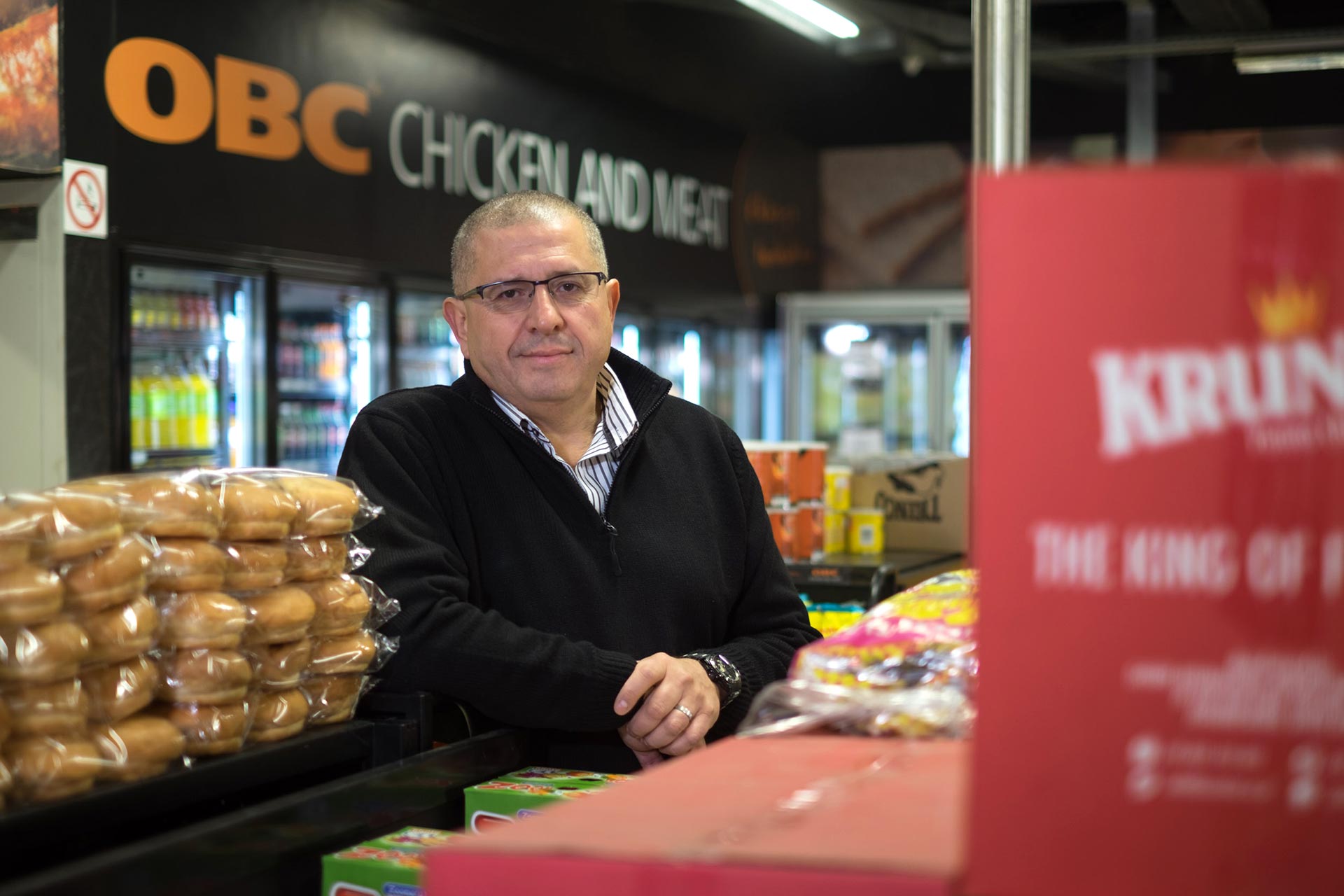The need for constant renewal in franchising
The Greek philosopher Heraclitus coined the phrase, “change is the only constant in life.” He said this back in 536 BC yet its relevance remains undiminished to this day. It might even explain a phenomenon that is rife in modern-day franchising. We are referring to franchisees that operate thriving businesses yet have nothing good to say about their franchisor. Why are they complaining? We decided to find out.
AN ALL-TO COMMON SCENARIO
FASA’s annual survey into franchising confirms that the vast bulk of franchisees are happy with their lot. According to the survey’s 2018 results, 84% of participants rated the relationship with their franchisor as being very good or good.
Given the harsh economic times we live in, this is encouraging. It also begs the question: “If franchisees’ businesses make them money, and they describe the relationship with their franchisors as good to very good, why are they complaining?
Turns out that many franchisees resent paying ongoing franchise fees. As one of them put it, “Initially, I didn’t mind these fees because the franchisor taught me everything there was to know about this business. I have learnt a lot since and truly believe that I know everything there is to know. I am also doing all the work. Why is it then that I must continue paying a monthly fee to the franchisor? It doesn’t seem fair!”
We asked Tony da Fonseca, managing director of the award-winning OBC Better Butchery
franchise, to share his insights on this topic with our readers. Here’s what he had to say.
CHANGE IS ABSOLUTELY NECESSARY
Tony da Fonseca, OBC Better Butchery stores seem to be mushrooming throughout South Africa and now also in Swaziland. Even more telling is the fact that you have a growing number of franchisees in your network who invest in their second or even third store. How do you do it?
As you can imagine, there are a variety of reasons for our success. However, seeing that this interview is about constant renewal, I will focus on this aspect. I can safely say that our programme of constant renewal is among the key drivers for our brand’s success.
You mentioned during a previous interview that your brand’s target market – LSM 3 to 6 – has remained the same since 1987 when the first OBC store started trading. Your product range doesn’t seem to have changed drastically either. This begs the question, “How does the programme of constant renewal manifest itself in your organisation?”
Our focus has indeed been squarely on LSM 3 to 6 for over 30 years and I can’t see this changing any time soon. This doesn’t mean that we haven’t introduced lots of changes to our business model in other areas.
One prime example is logistics. In our type of business, “just in time delivery” of goods to retailers is key. Because stores are located across the country and now also in Swaziland, this is no easy feat but I dare say that we have mastered it. Our move into a state-of-the-art distribution centre in Midrand about two years ago has further enhanced our capabilities.
The product range has also expanded, with a growing number of items available under the OBC house brand.
Other examples of constant renewal are the upgrade of our store design and the systems we use to manage operations. This has resulted in dramatically increased sales and increased profitability for our franchisees.
Would it be fair to say that renewal initiatives are developed at Head Office level and imposed on your franchisees?
Absolutely not. Not only would this be unethical, it would also be a recipe for disaster. Unless you have buy-in by the vast majority of your franchisees, the best initiative is almost certain to fail. Franchisees are responsible for store operations. They actually rely on us to develop and implement ongoing improvement measures, for mutual benefit.
So, how does this actually work?
We are constantly reviewing our business model to see where tweaks might be beneficial. Let me give you an example:
About two years ago, we realised that our POS system, which had served us well for many years, had become outdated. To keep up with trends in a rapidly changing market, our franchisees and we at head office required a level of sophistication in reporting and marketing the old system could not provide.
After an in-depth evaluation of several POS systems, we identified the one we believed would be reasonably future-proof. As a first step, we installed it at our corporate stores and operated it for about a year. At the same time, we also made the system available to franchisees who had realised that this was the way to go.
Following the trial period, which was highly successful, we presented our findings to the rest of our franchisees. Most saw the benefits of the new system immediately and agreed that this was the way to go. That’s when the roll-out to franchised stores started in earnest.
Predictably, there were a few franchisees who were reluctant at first to make the investment. We gave them time to see what the system did for other franchisees and I am happy to report that by now they are all on board.
For the benefit of our readers, could you give us another example?
I could give you many examples but I know that space is at a premium so one will have to do. Our marketing efforts used to focus on pamphlet distribution. Working with the members of the OBC Advertising Club, which by the way is chaired by a franchisee, and our suppliers, we develop attention-getting special offers, print one million pamphlets and arrange for their distribution door to door within our franchisees’ territories.
We do this at least monthly and carefully monitor responses. Although pamphlet distribution continues to work well for us, we did pick up a gradual shift in preference towards other media. That’s why an increasing amount of our advertising spend is now redirected into social media marketing and local radio advertising.
Does this mean that your franchisees have no reason to complain?
I wish! Human nature being what it is, there are always those who find fault with one thing or another. When this happens, we sit down with them and usually manage to address their concerns. Overall, I believe that the bulk of our franchisees are happy with their lot. Having franchisees invest in additional stores confirms this.
Regarding other networks, I cannot speak for them but have observed over the years that not every franchisor does its bit to truly earn ongoing fees. They are content to collect monthly fees but do little to build the brand, develop the system and generally advance their franchisees’ profitability. Not surprisingly, their franchisees feel short-changed. That’s where the bulk of unhappiness with franchising originates from.
How can prospective franchisees protect themselves against signing up with a franchisor who doesn’t uphold its end of the bargain?
That’s relatively easy but some legwork is required. Instead of rushing into a deal based on a glossy brochure and unproven statements made by the franchisor representative, prospects should undertake a due diligence investigation on the network they plan to invest in. Talking to established franchisees will give them additional valuable information.
Tony da Fonseca, thank you for providing us with such frank insights into the workings of a model franchisor.
ABOUT THE OBC GROUP
The OBC Group is a member of the Franchise Association of South Africa
(FASA) since 2009. Its managing director, Tony da Fonseca, serves on FASA’s Executive Committee for many years. He chaired it during 2017/19 and is currently its immediate past chairperson.
The OBC Group was named FASA Franchisor of the Year twice in a row and is the winner of several other prestigious business awards.
The OBC Group continues to expand. Click here should you wish to find out more about the exciting franchise opportunities
they offer or contact Robbie Capazorio, the group’s business development manager – robbie@obcgroup.co.za


